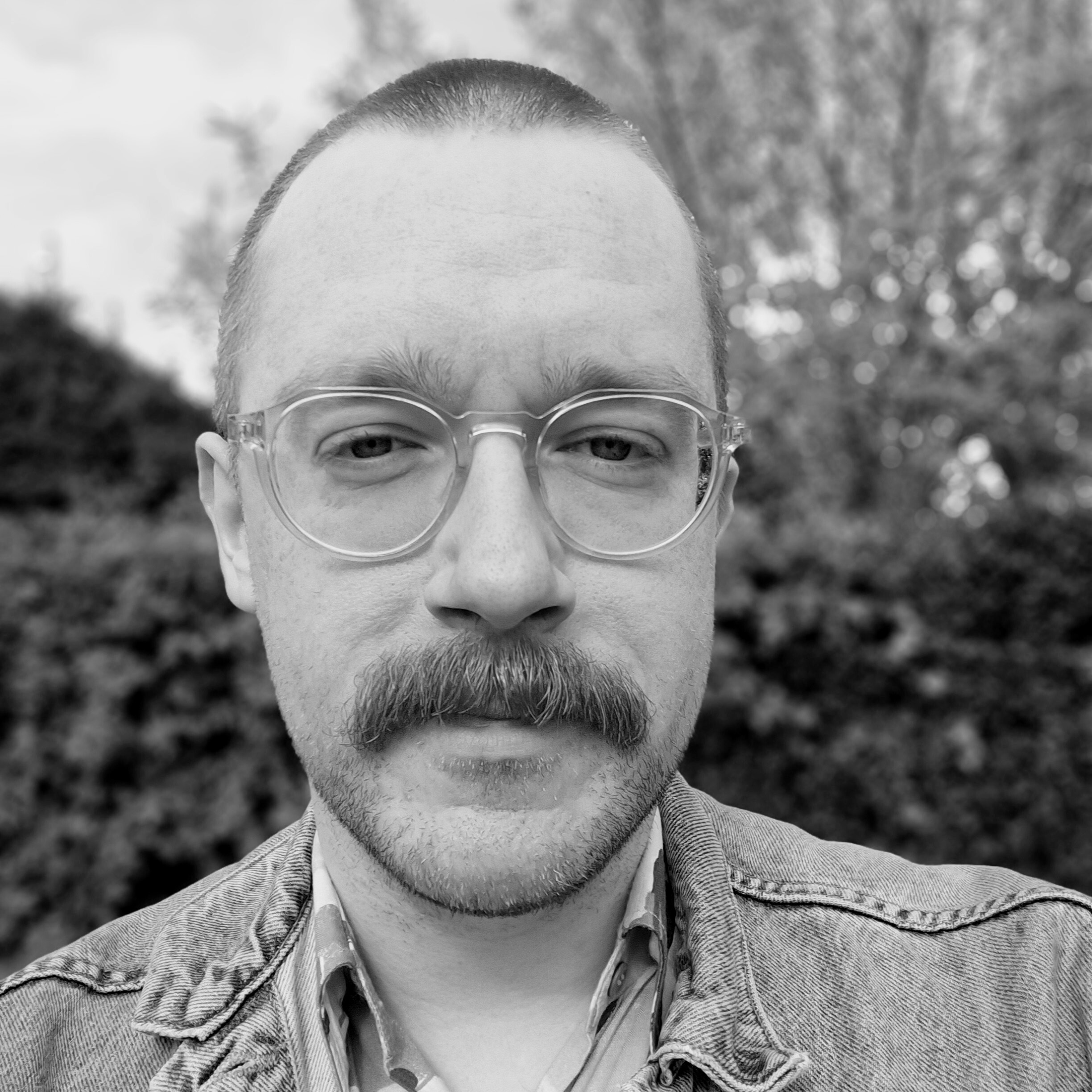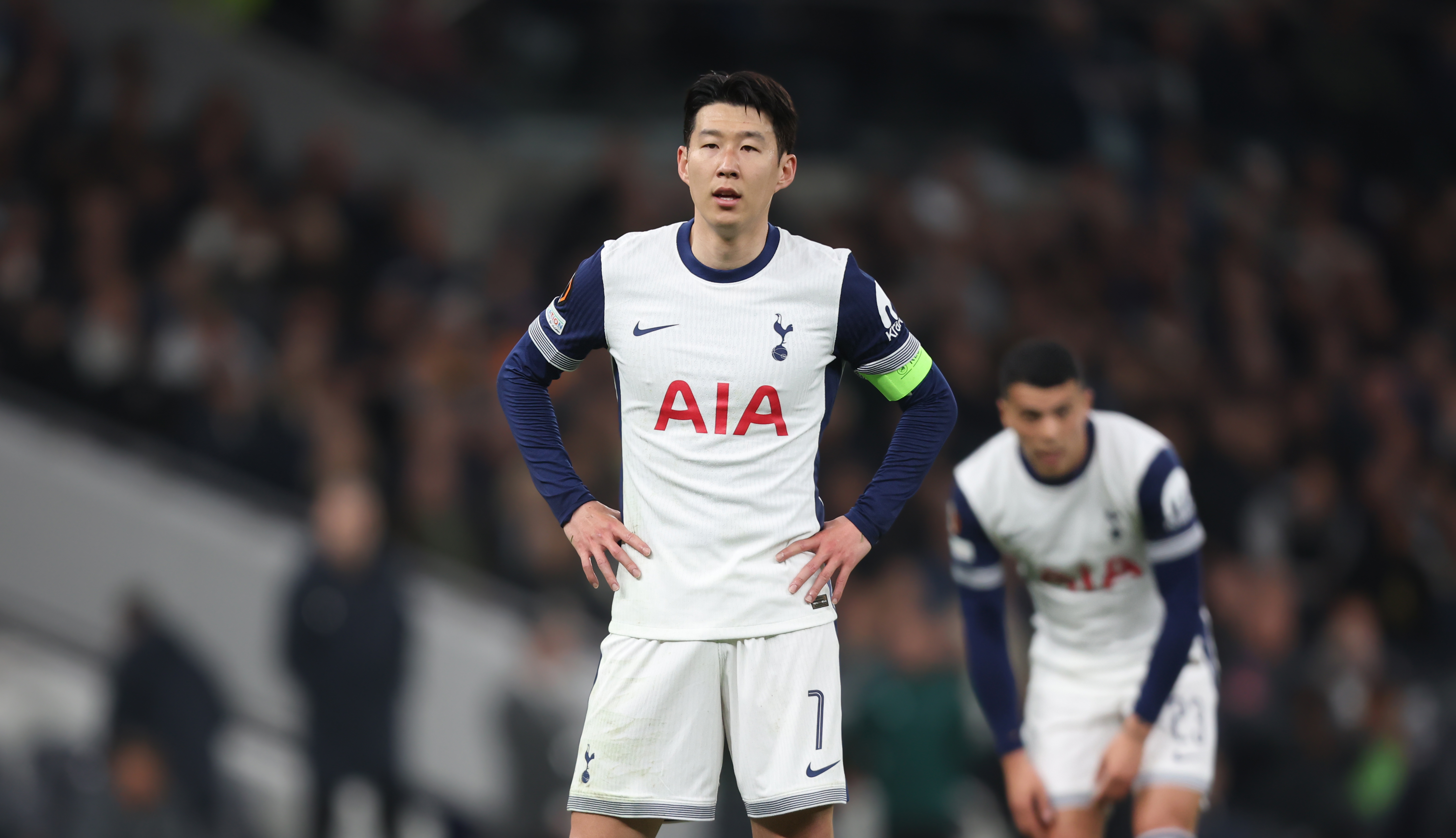Iconic 80s shirt sponsors
A look at the brands who made a name for themselves when kit sponsorship was in its infancy
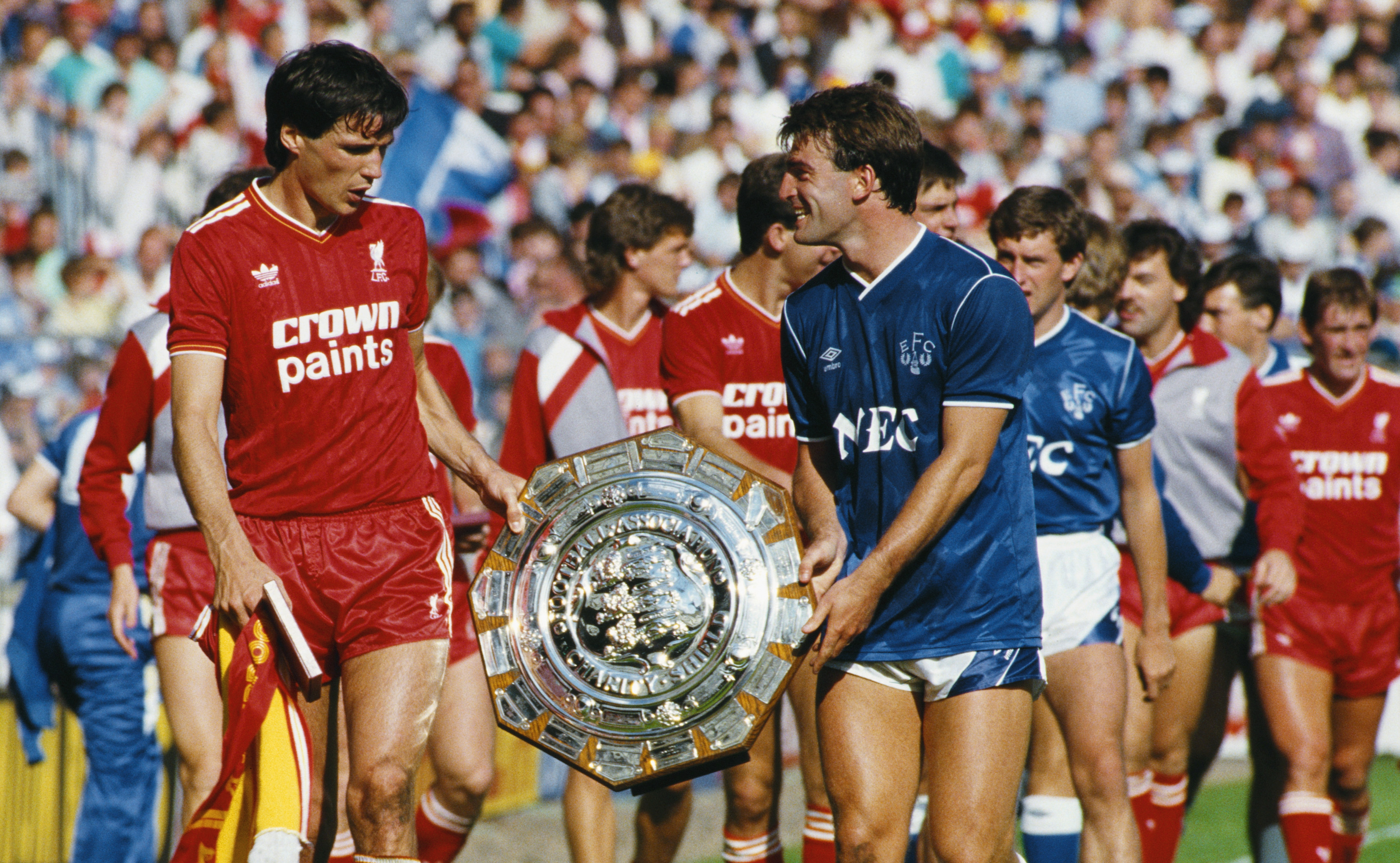
Like it or not, sponsors’ logos are an integral part of football shirts up and down the pyramid.
But that wasn’t always the case, and in the 80s this aspect of the game was still something of a novelty – which lent certain companies an iconic quality which is rare with the branding seen on strips nowadays.
Here, we’ve picked out some of the most memorable kit sponsors in English football between 1980 and 1989.
Fisons (Ipswich Town)
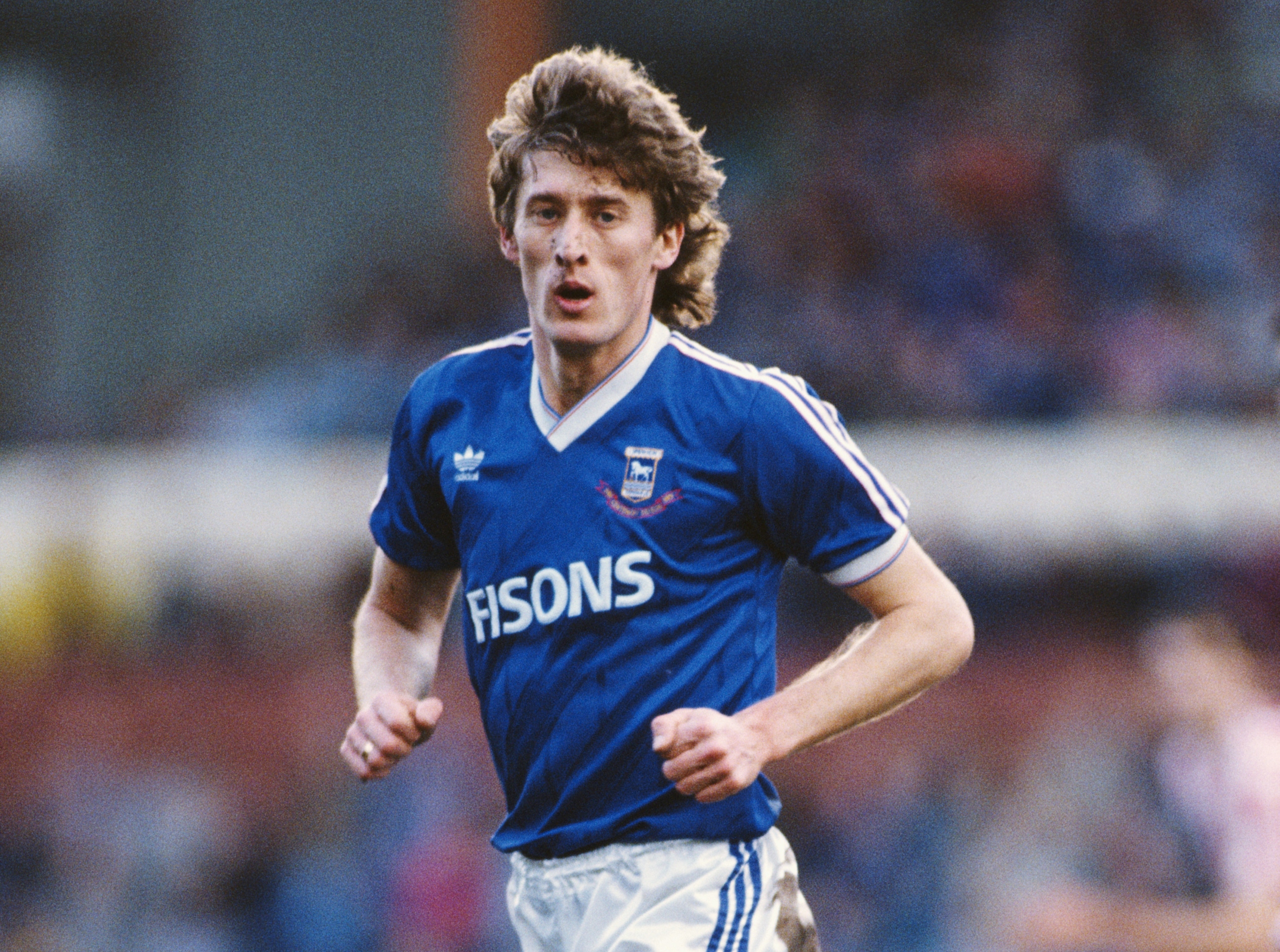
Headquartered in Ipswich, Fisons was a pharmaceutical and chemicals company which sponsored the local club’s kit for almost a decade, beginning in 1986.
John Wark, one of Ipswich’s greatest players of all time, was among the stars who took to the pitch in a Fisons-adorned strip, as Town competed in the old Second Division.
Wang (Oxford United)
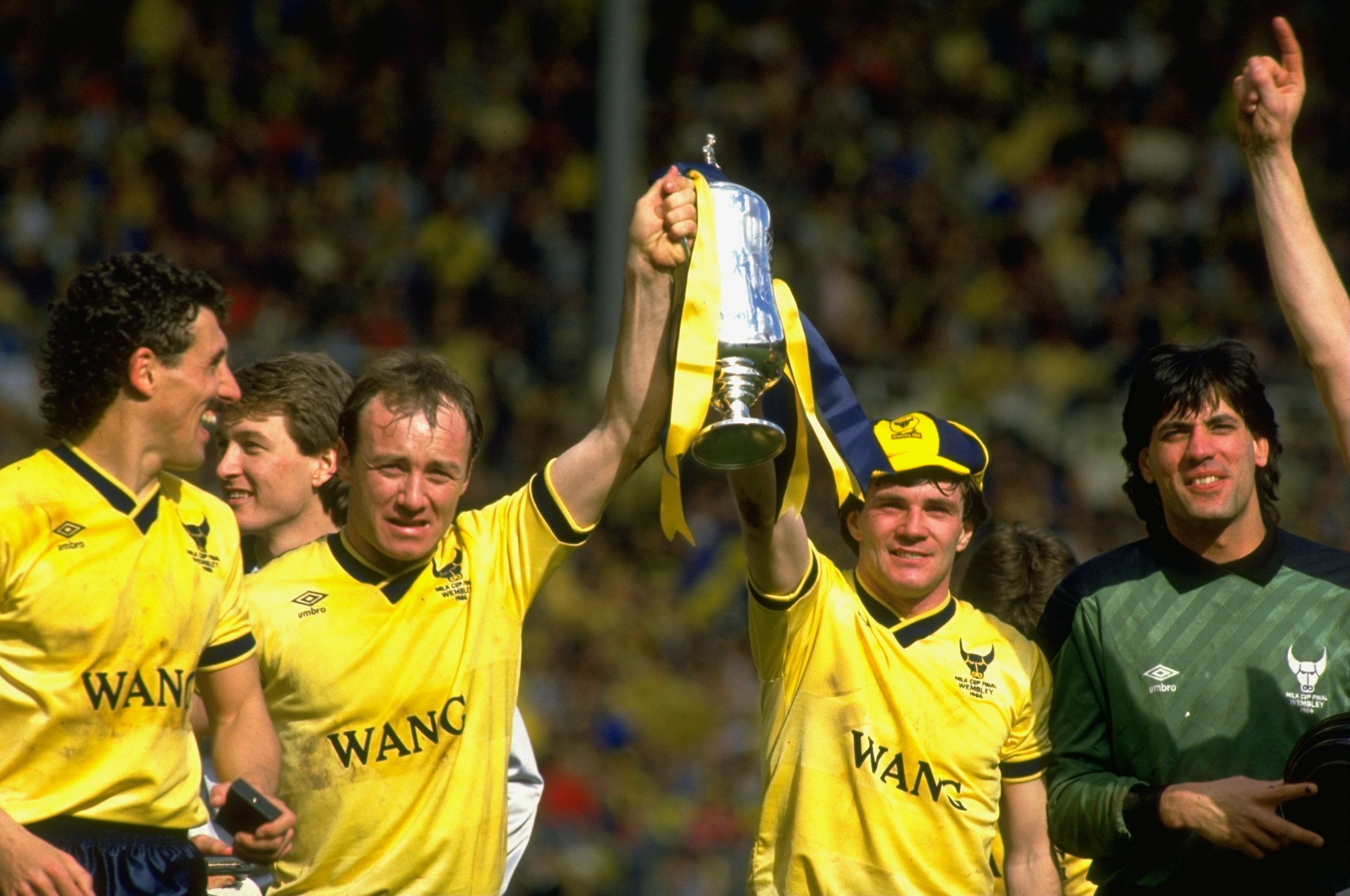
On 20 April, 1986, Oxford United had their finest hour, beating QPR 3-0 at Wembley to win the League Cup.
Maurice Evans’ U’s did it, through goals from Trevor Hebberd, Ray Houghton and Jeremy Charles, while wearing shirts bearing the logo of Wang – a computer company based in Cambridge (Massachusetts…).
Get FourFourTwo Newsletter
The best features, fun and footballing quizzes, straight to your inbox every week.
Mita Copiers (Aston Villa)
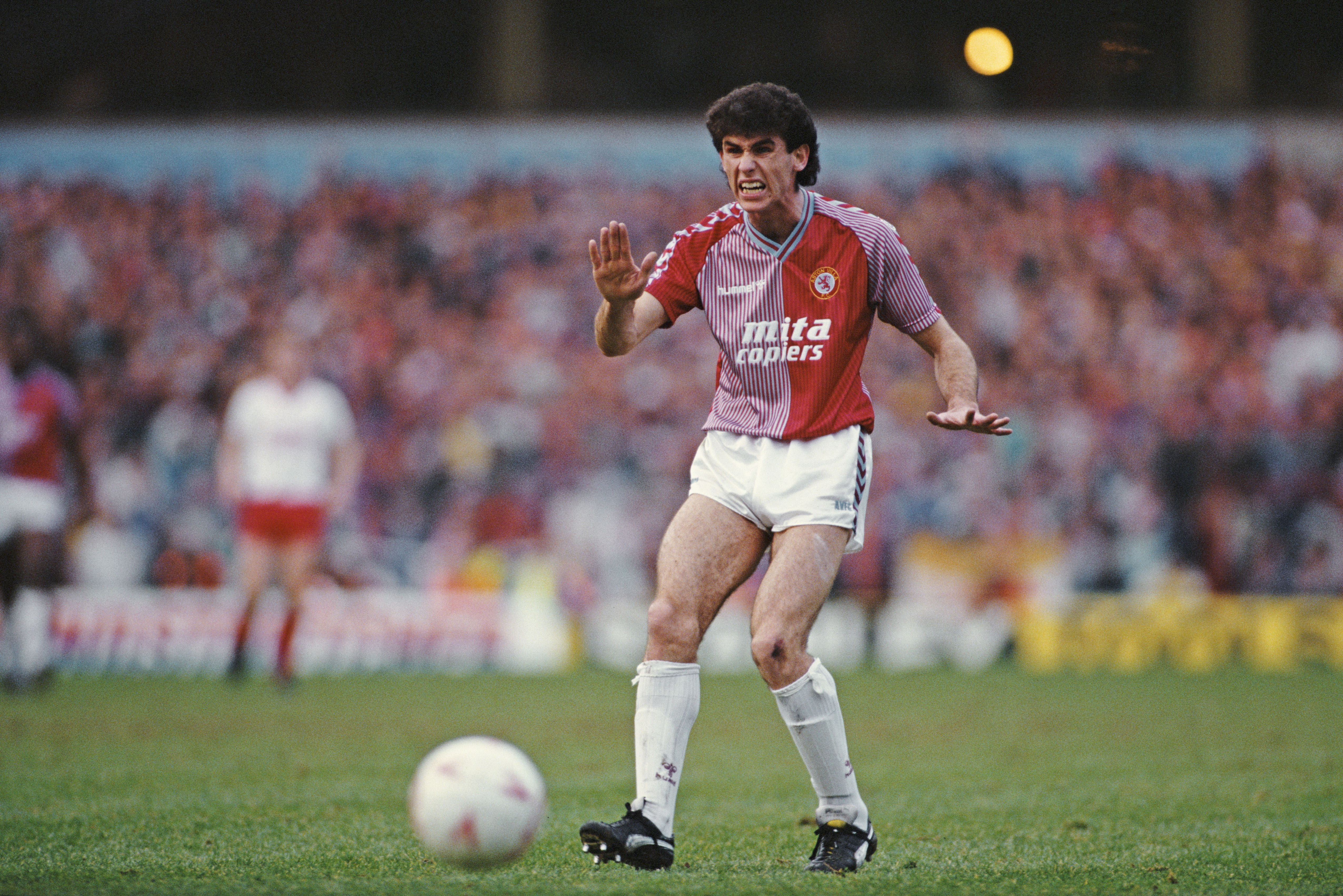
How often do you use a photocopier these days? Probably very rarely – but they were big business back in the 80s.
Aston Villa were sponsored by Mita, whose name featured on one of the Midlands giants’ finest-ever kits, a stunning Denmark-esque Hummel number used during the 1987/88 and 1988/89 seasons.
Brother (Manchester City)
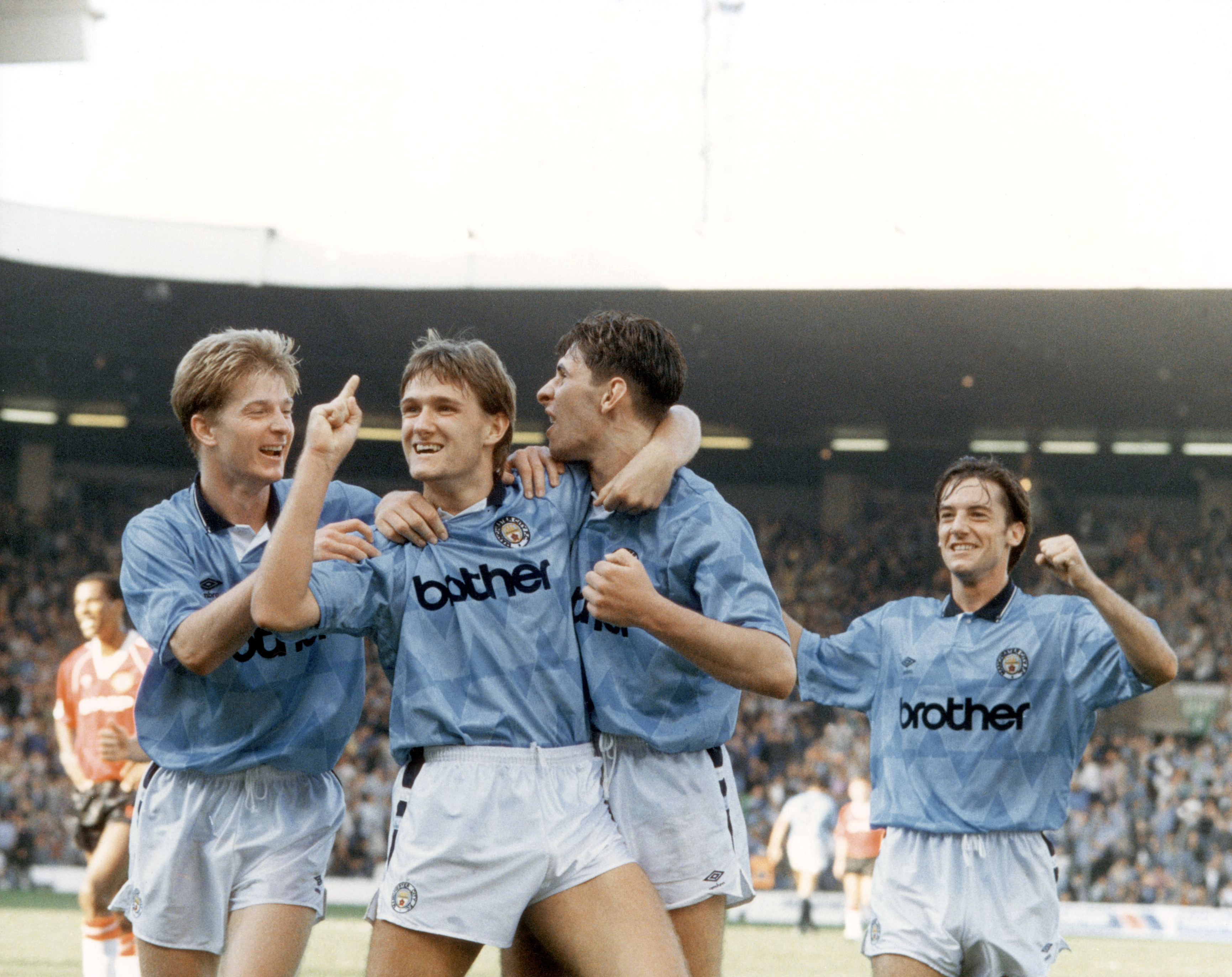
Another recognisable name to anyone who’s ever spent any length of time working in an office, Brother are probably best-known for their printers.
And the Japanese company’s logo popped up on Manchester City’s shirts well before a certain City-supporting set of brothers had made their mark on the music scene.
Avco Trust (West Ham)
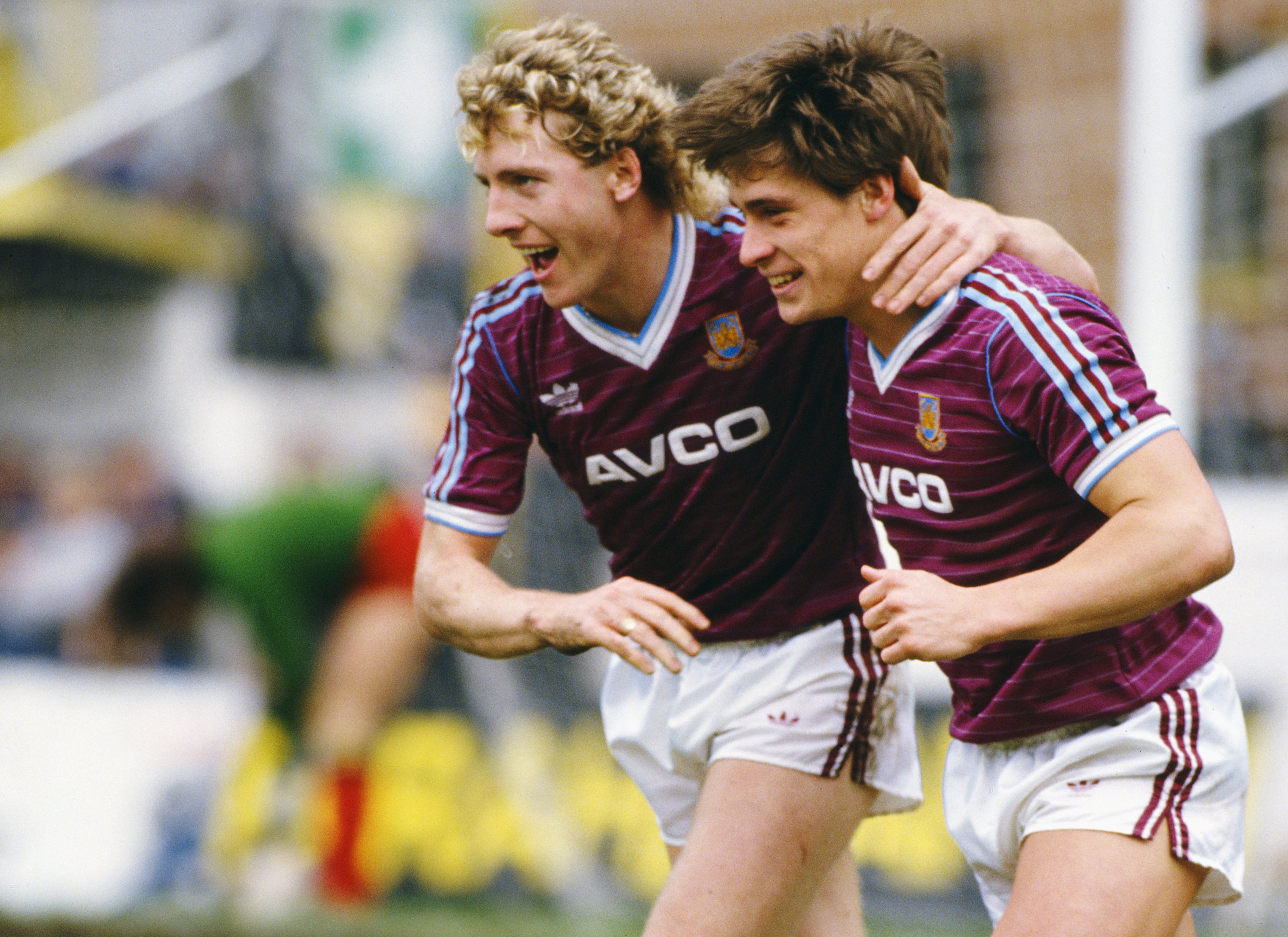
The mid-80s were heady days for West Ham, who achieved their highest-ever league finish of third in the old First Division in 1986 – just four points behind champions Liverpool.
Led by legendary manager John Lyall, the Hammers had recently agreed their very first sponsorship deal, with financial services provider Avco.
Wrangler (Nottingham Forest)
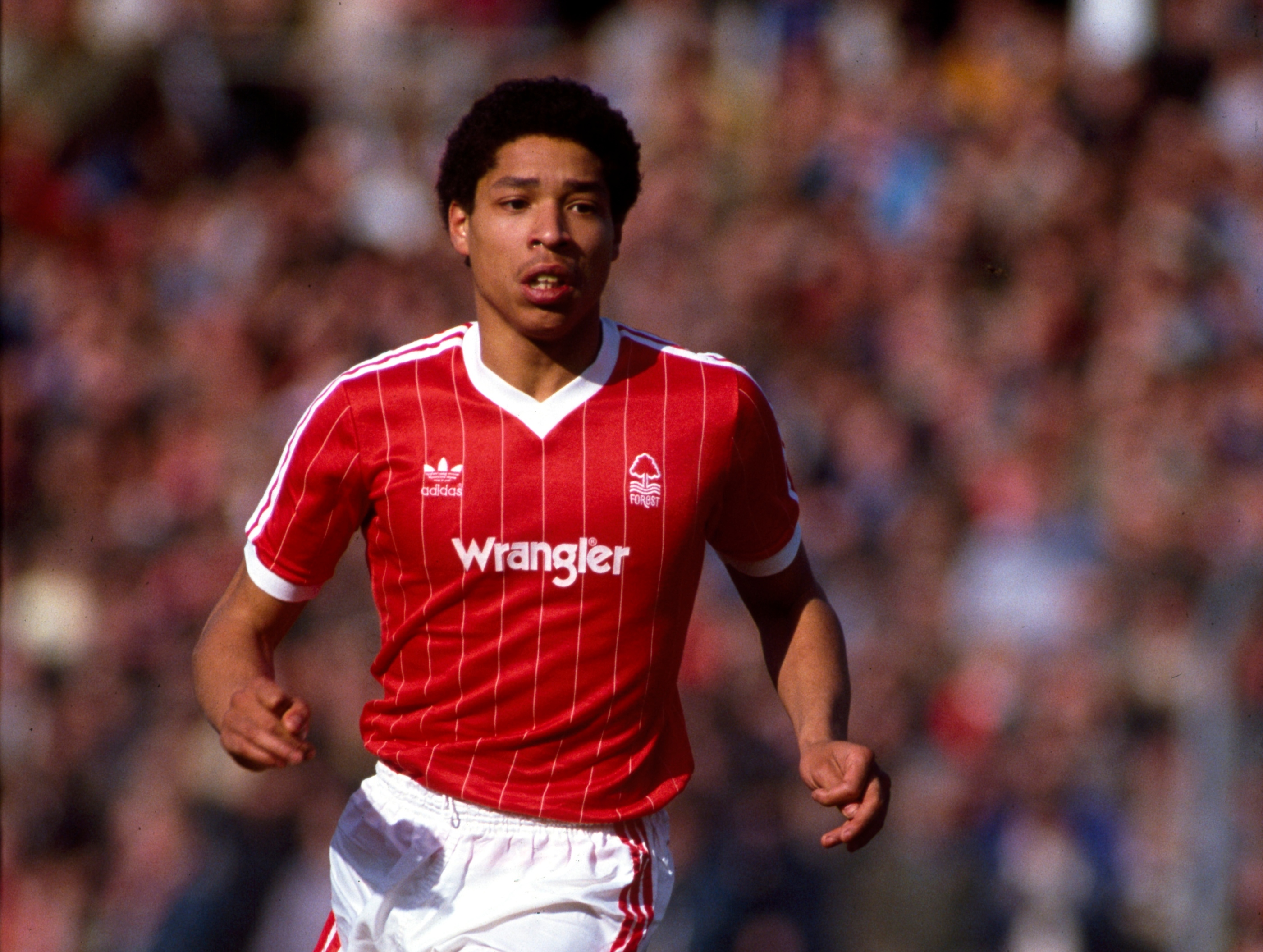
Everyone on the terraces in the 80s seemed to be wearing jeans, and no doubt a fair few of them were rocking a pair of Wranglers.
The famous American denim brand sponsored Nottingham Forest from 1982 to 1984, with its stylish wordmark perfectly complementing Forest’s iconic tricky tree crest on the shirt.
Iveco (Watford)
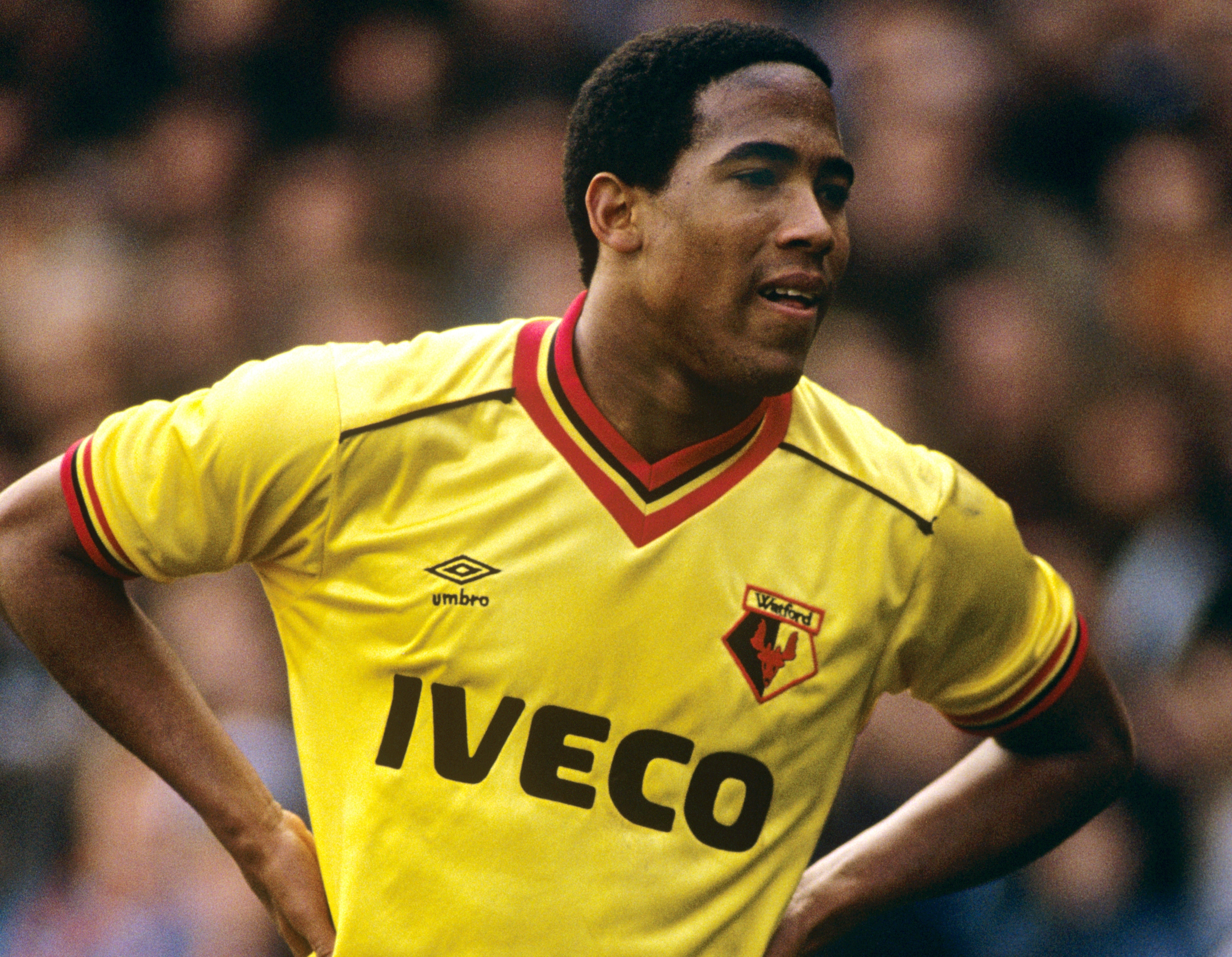
An Italian manufacturer of vans, trucks and buses, Iveco became Watford’s first-ever kit sponsor in the early 80s.
The deal coincided with the Hornets’ most successful era, which saw them reach the top flight under the management of Graham Taylor and chairmanship of Elton John – and finish as runners-up to Liverpool in their first season at that level, 1982/83.
Bedford (Luton Town)
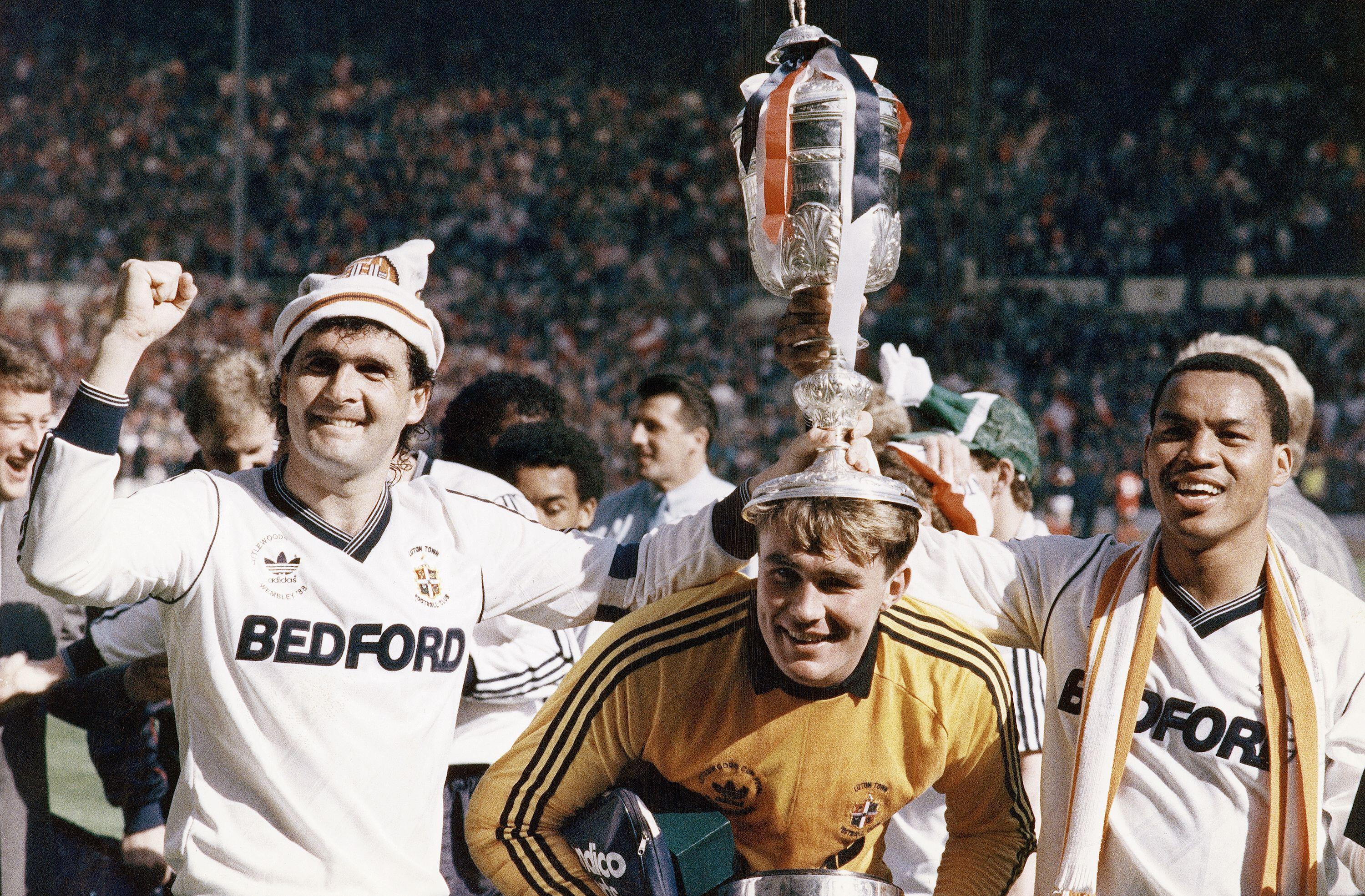
Luton took after arch-rivals Watford with their sponsorship for much of the 80s, partnering with Bedford – a Luton-headquartered subsidiary of Vauxhall which manufactured trucks and vans.
Their name took pride of place on the club’s jerseys for most of the decade, the highlight of which for the then top-flight Hatters was victory over Arsenal in the 1988 League Cup final.
Holsten (Tottenham)
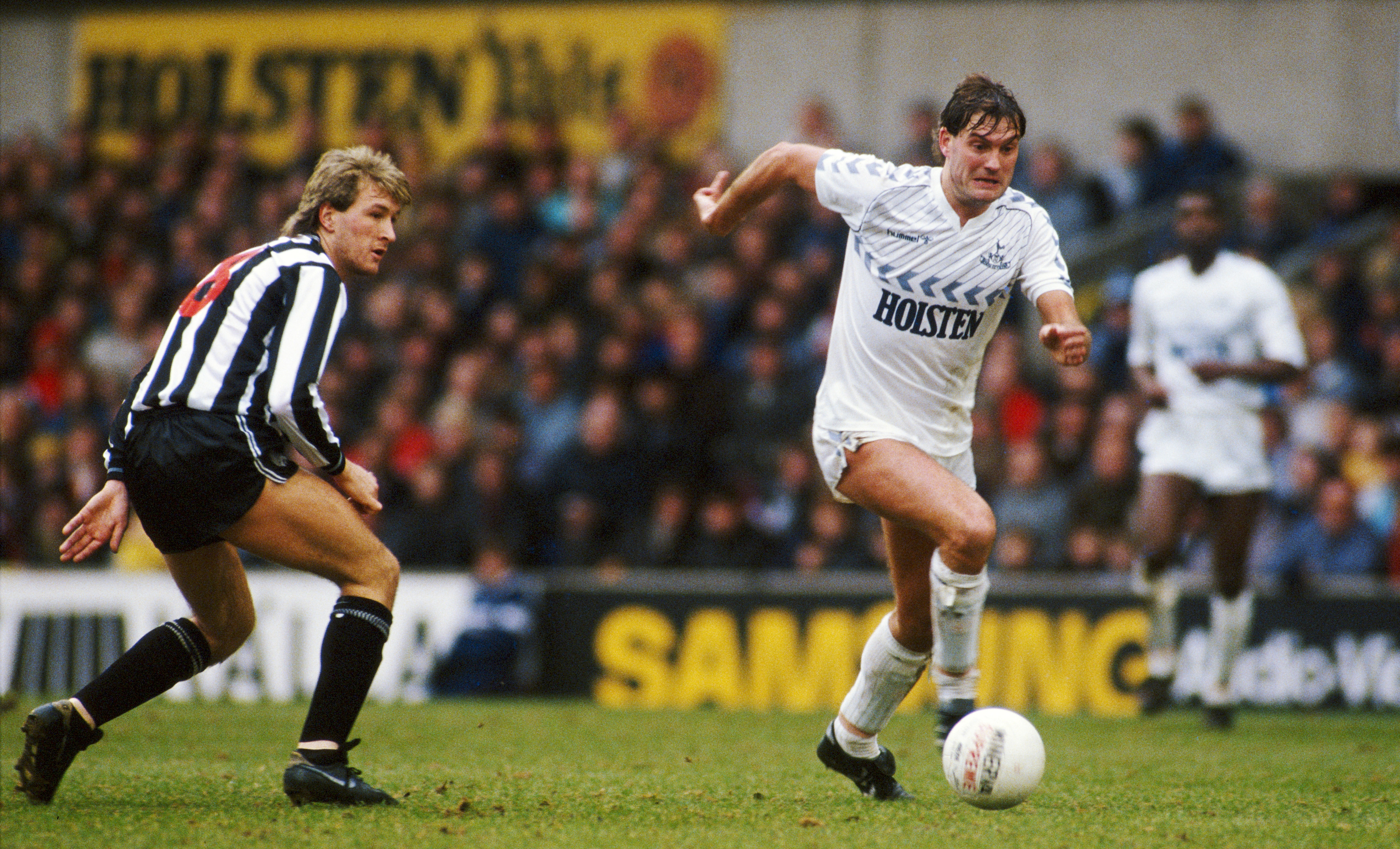
German brewery Holsten have had two spells as Tottenham’s main sponsor, the first of them running from 1983 to 1995.
Their name featured on some of Spurs’ most iconic strips, none more so than the chevron-adorned Hummel design worn by White Hart Lane legends such as Glenn Hoddle and Chris Waddle.
NEC (Everton)
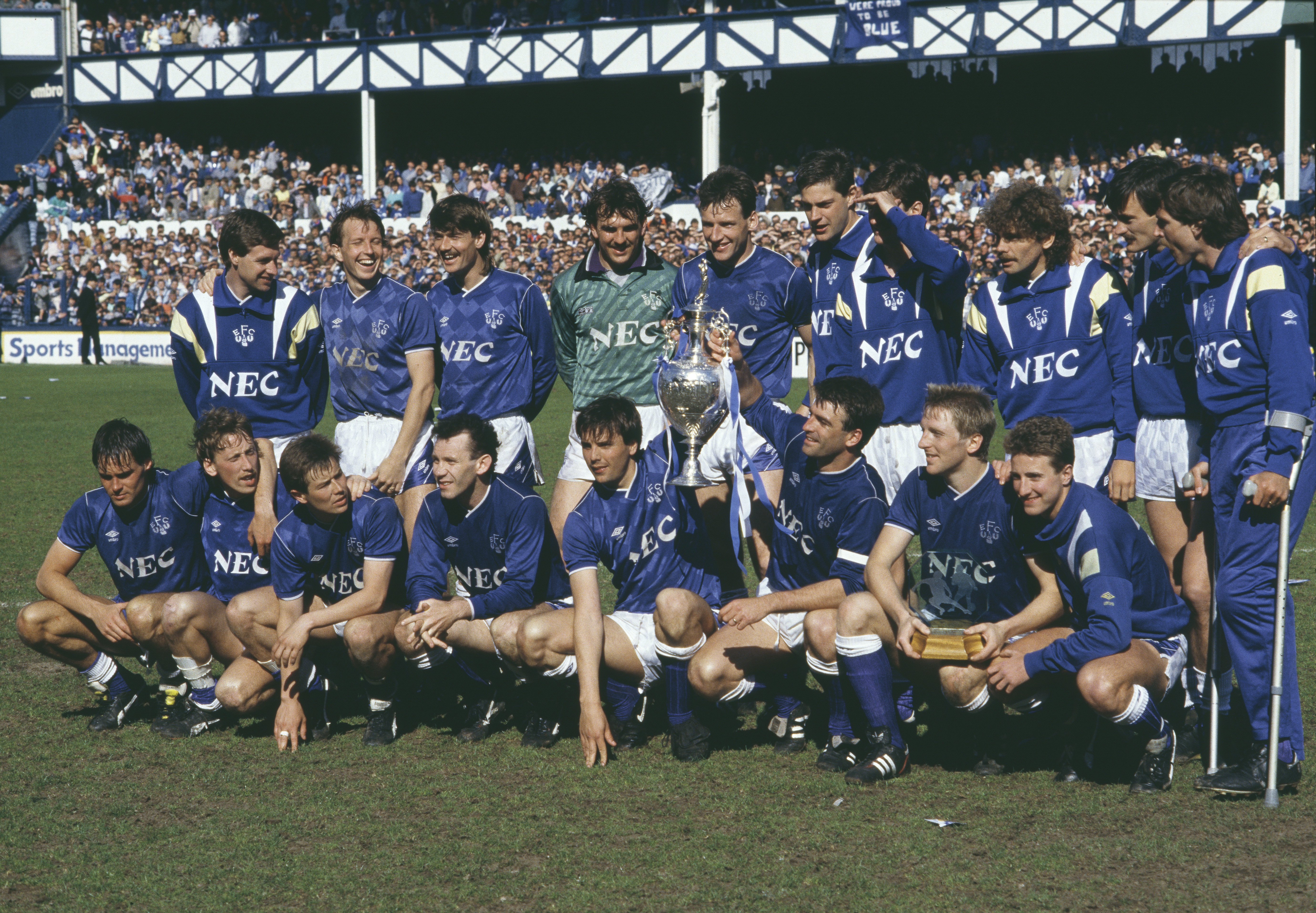
The Nippon Electronics Company sponsored Everton for around a decade, coming on board during the Toffees’ glory days under Howard Kendall.
During NEC’s first full season of sponsorship, 1986/87, Everton reclaimed the First Division title from Merseyside rivals Liverpool – having begun that campaign by sharing the Charity Shield with the Reds.
Talbot (Coventry City)
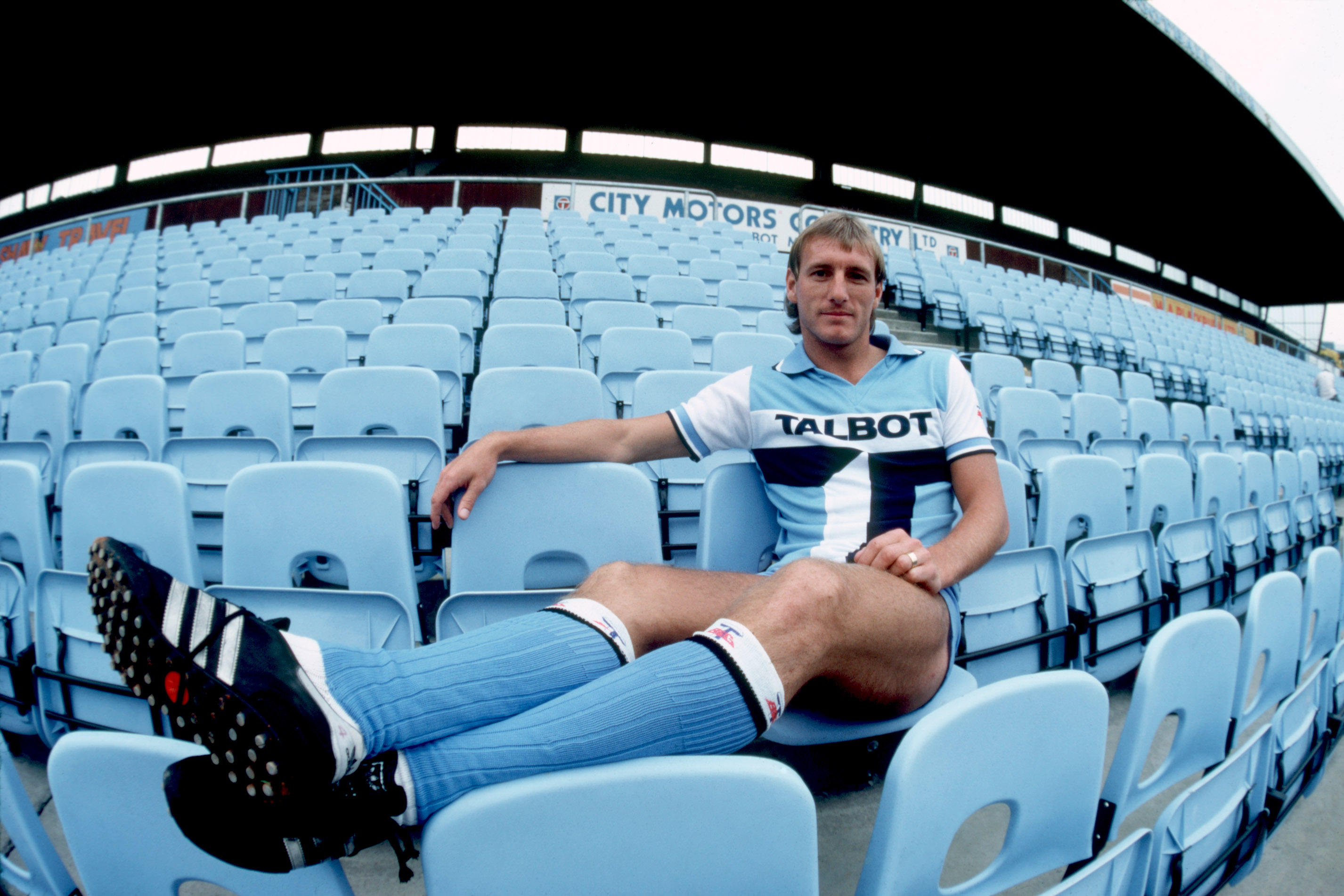
A car brand owned by Peugeot, Talbot manufactured vehicles at its UK plant in Ryton-on-Dunsmore near Coventry.
The distinctive ‘T’ emblem made for a cult classic kit – designed by Sky Blues icon Jimmy Hill, who thought that incorporating the branding into the design would allow it to get around regulations banning sponsorship on TV (it didn’t work).
Sharp (Manchester United)
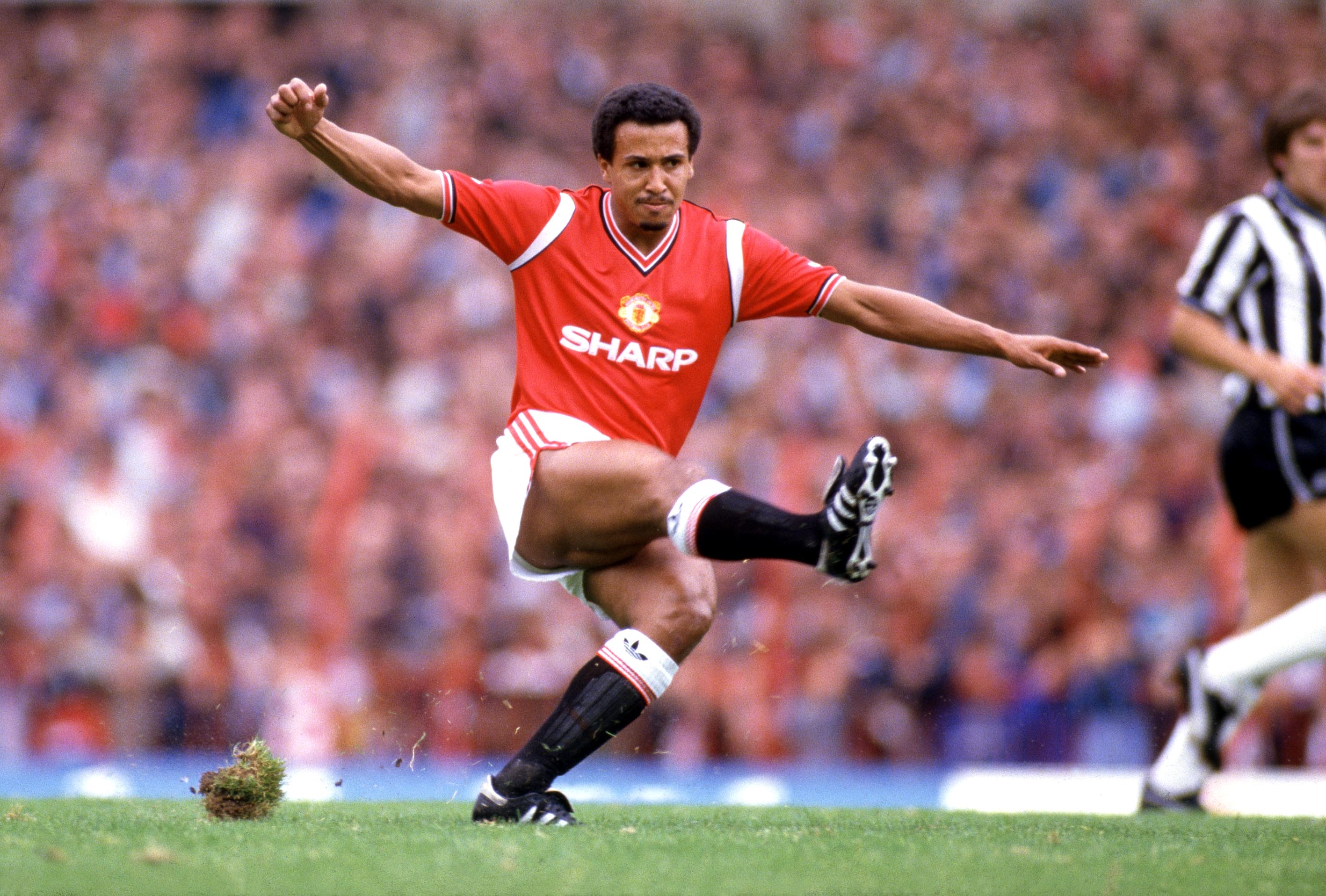
Producing TVs, portable CD players (remember them?) and much more besides, Japanese electronics brand Sharp had their name emblazoned across Manchester United’s shirts for the best part of 20 years.
Sharp became the Red Devils’ very first shirt sponsor ahead of the 1982/83 season, four years before the arrival of Alex Ferguson, and remained in place until the turn of the 21st century.
JVC (Arsenal)
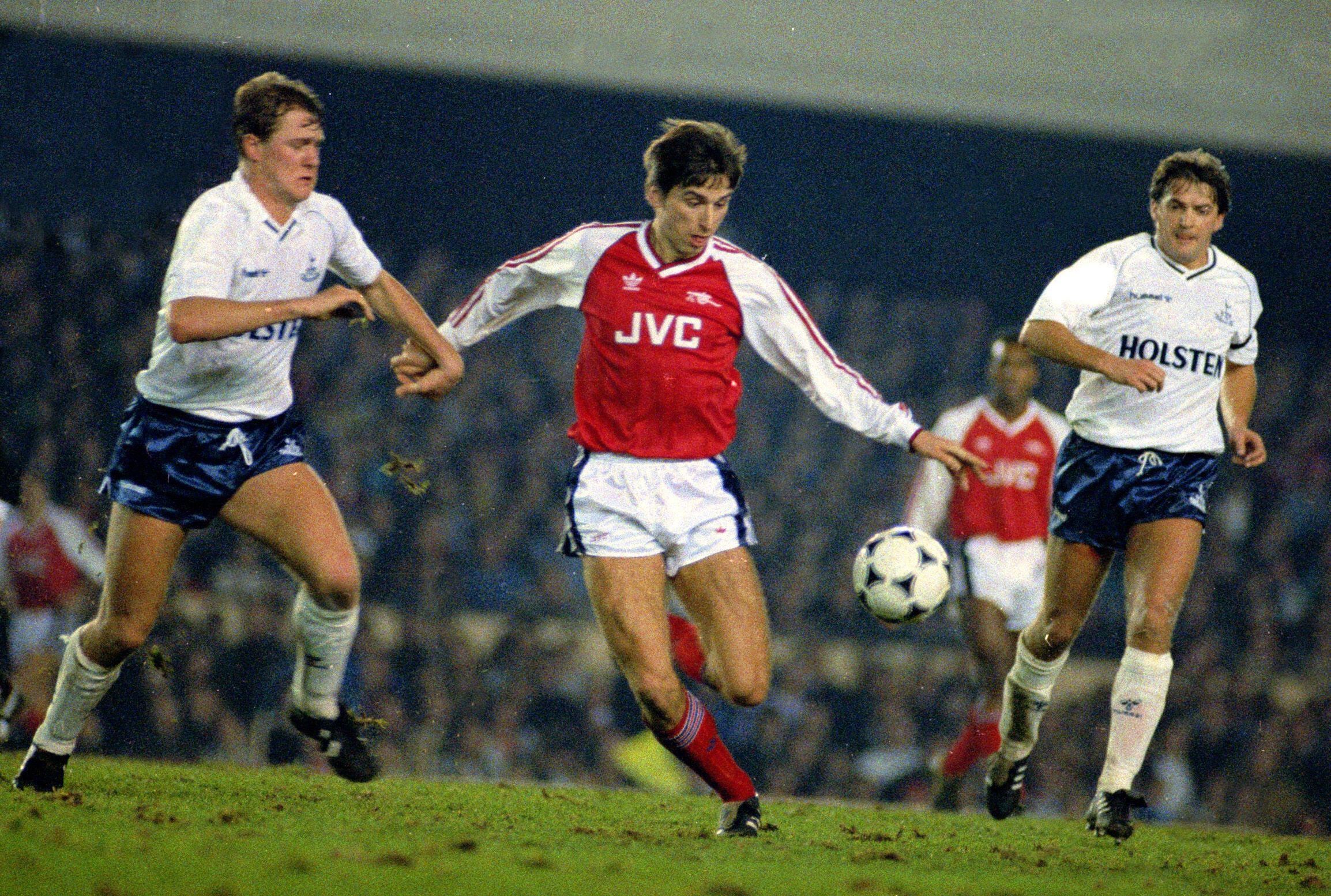
Specialising in audio equipment, from headphones to the incredibly 80s boombox, JVC (Japan Victor Company) sponsored Arsenal for almost the entirety of the decade.
And the second half of it was especially glorious for the Gunners, who won the 1986/87 League Cup and, in 1989, ended their 18-year title drought when Michael Thomas – wearing an iconic yellow JVC shirt – scored that goal at Anfield.
Crown Paints (Liverpool)
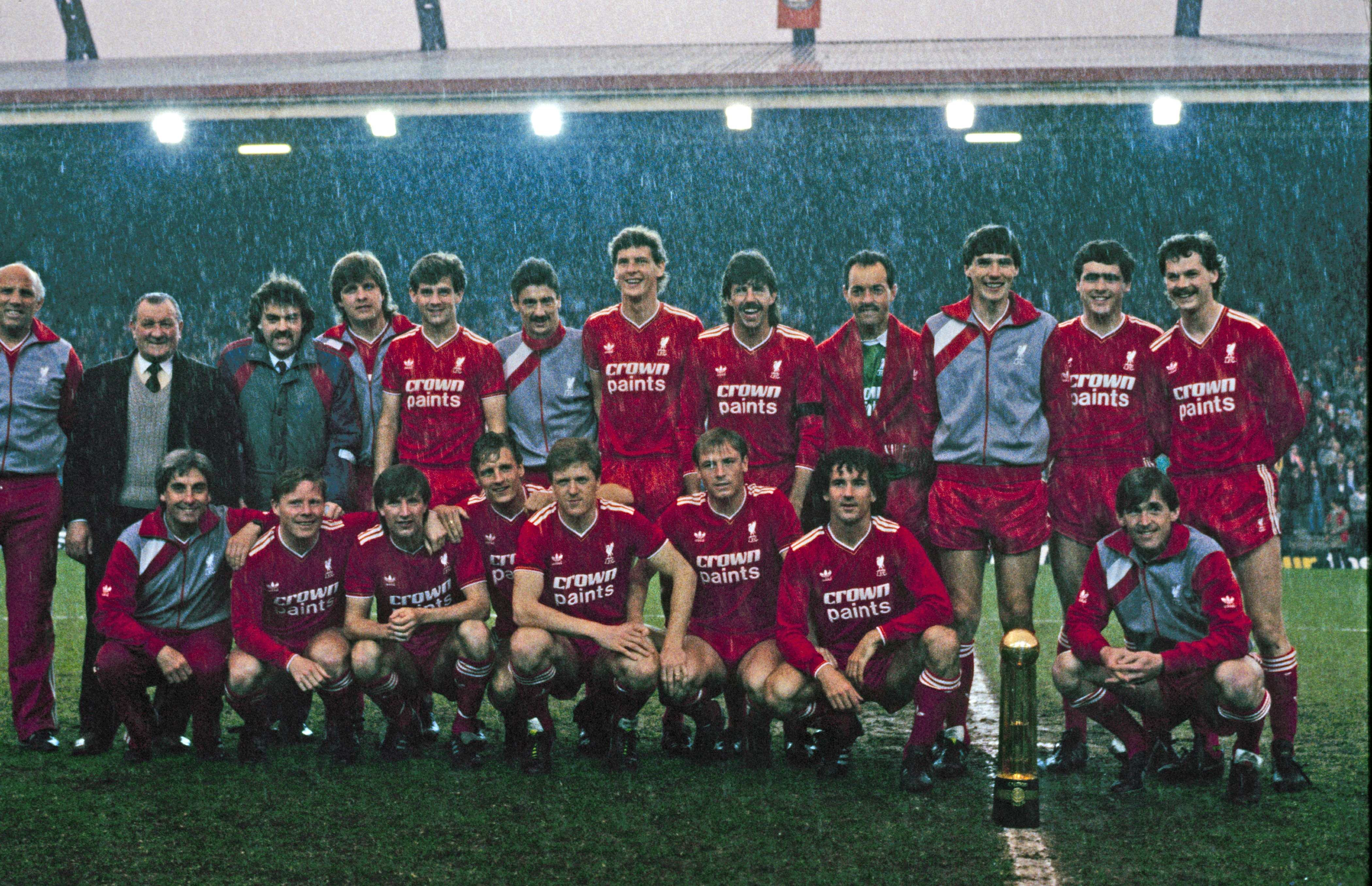
As Liverpool were painting the game red by picking up trophy after trophy throughout the 80s, they were sponsored by Crown Paints.
The Lancashire-based company’s name first featured on the Merseyside giants’ jerseys in 1982 and appeared in four different variations between then and 1988 – a period during which Liverpool won four First Division titles, an FA Cup, two League Cups and a European Cup.
Guinness (QPR)
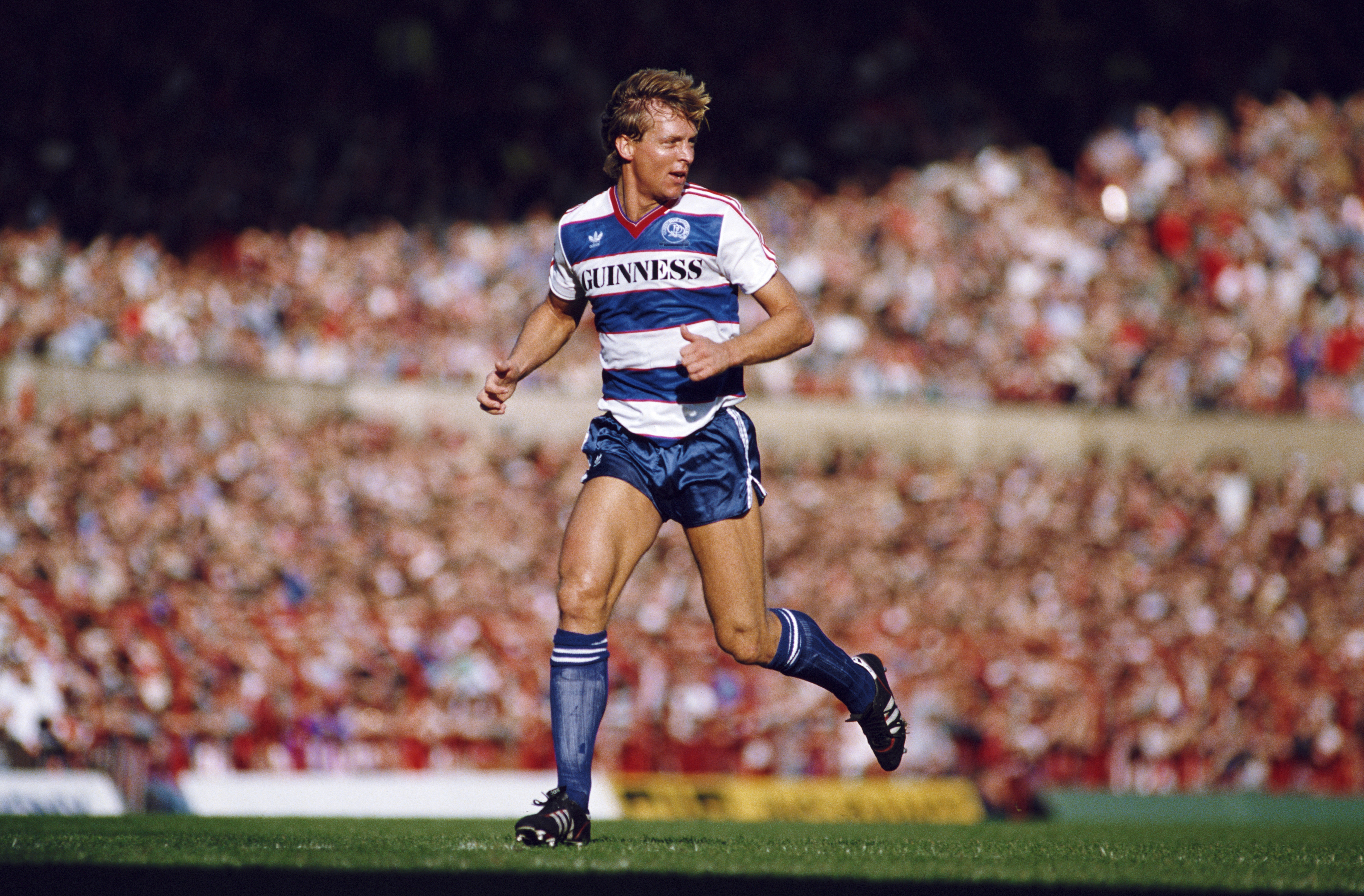
Guinness have run some memorable advertising campaigns over the years, and QPR fans would surely argue that their club’s deal with the iconic Irish brewery was the most memorable of all.
The West Londoners’ first-ever shirt sponsor, Guinness had its wordmark on the famous blue and white hoops for three seasons.
No Smoking (West Brom)
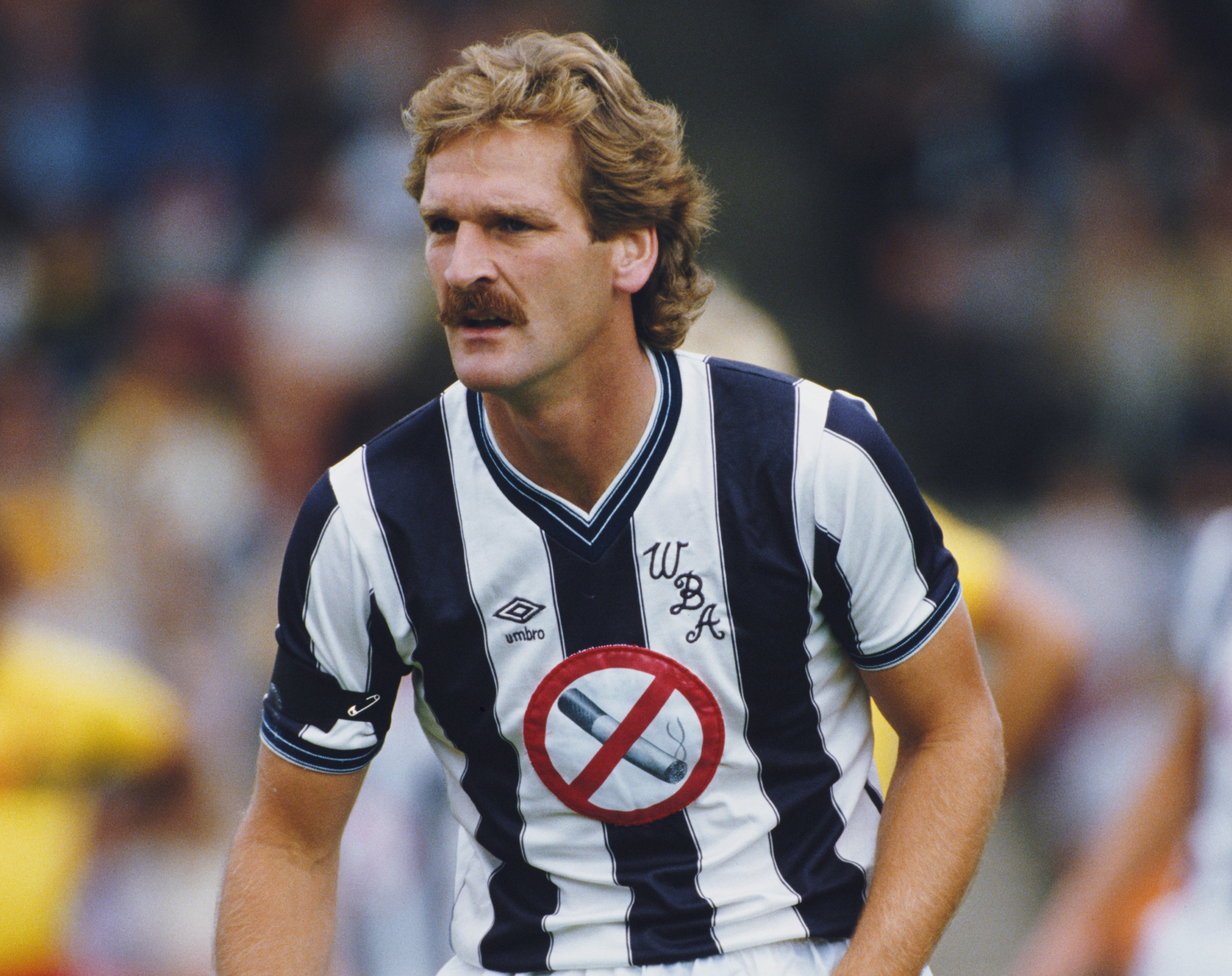
West Brom weren’t advertising anything with this shirt sponsorship – and that’s precisely what makes it the most iconic of the lot.
Across the 1984/85 and 1985/86 seasons, the Baggies promoted the West Midlands Health Authority’s anti-smoking campaign, making for a kit quite unlike anything else the game has ever seen.
Tom Hancock started freelancing for FourFourTwo in April 2019 and has also written for the Premier League and Opta Analyst, among others. He supports Wycombe Wanderers and has a soft spot for Wealdstone. A self-confessed statto, he has been known to watch football with a spreadsheet (or several) open...
